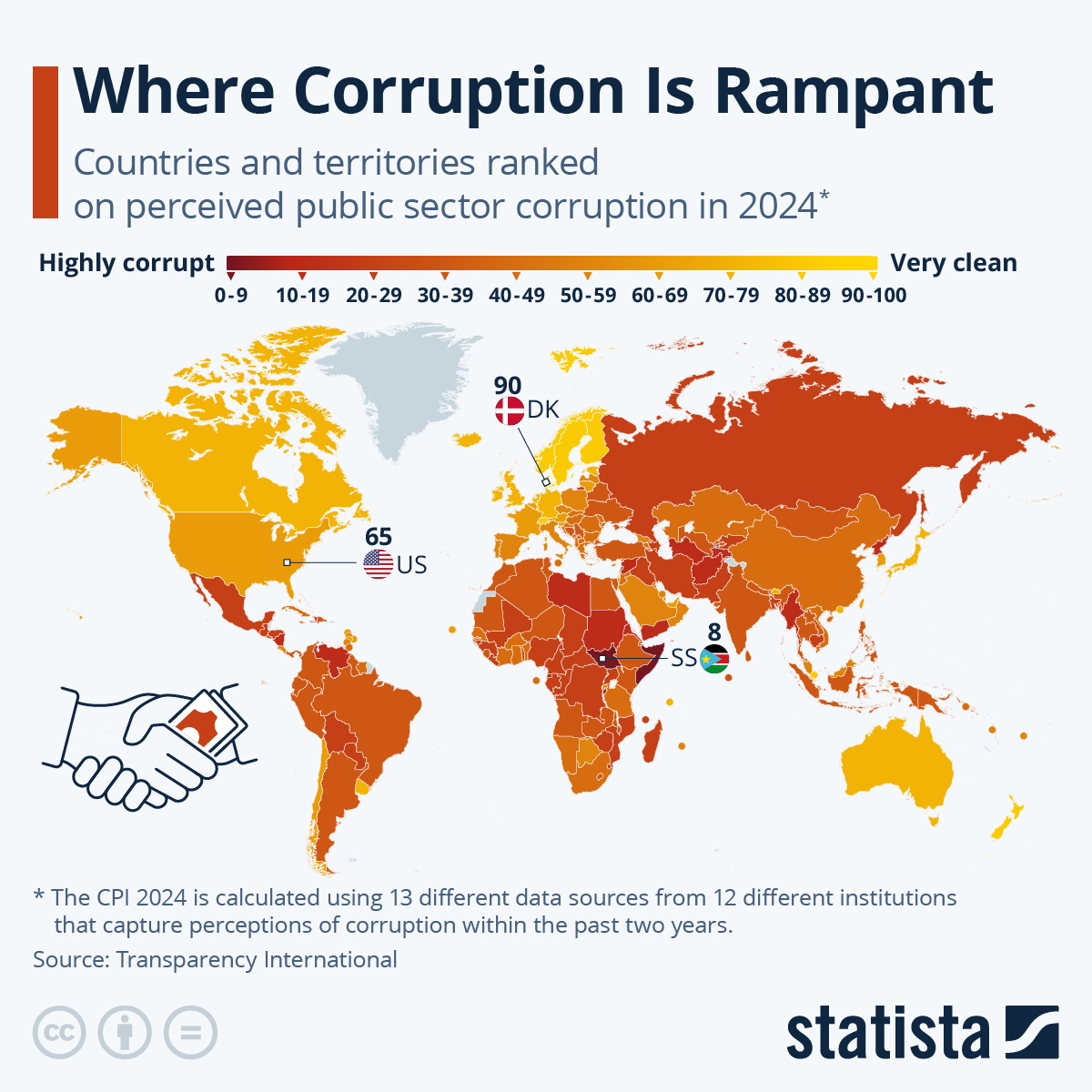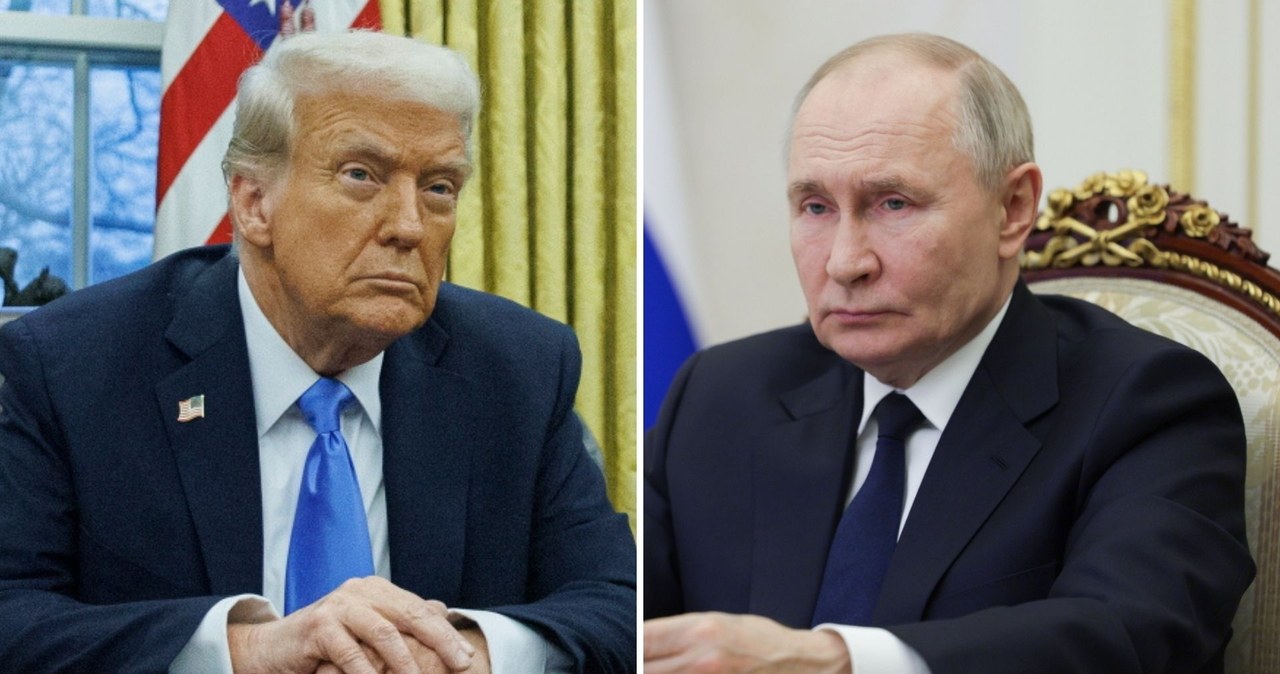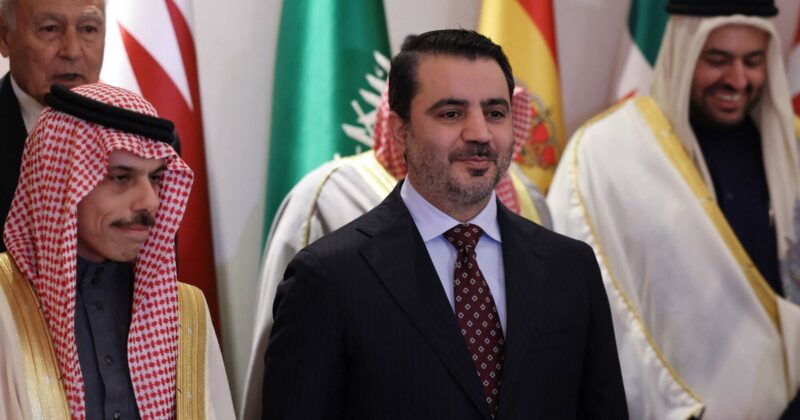
Where Corruption Is Rampant
Transparency International has released its 2024 Corruption Perceptions Index which gauges levels of perceived public sector corruption in 180 countries and territories around the world.
The index scores countries on a scale of zero (highly corrupt) to 100 (very clean) with the average score just 43 out of 100.
As Statista’s Felix Richter details below, more than two thirds of countries (122) scored lower than 50 this year, as 148 countries have either stagnated or worsened since 2012. Just 32 countries have significantly reduced corruption during that period, illustrating how hard it is to achieve meaningful change in this area.

You will find more infographics at Statista
In 2024, the countries with the lowest perceived level of public sector corruption were Denmark (90), Finland (88) and Singapore (84), followed by New Zealand (83), Luxembourg, Norway and Switzerland (all at 81).
The opposite end of the index saw South Sudan scoring just 8 points, making it the world’s most corruption-stricken country.
Somalia (9), Venezuela (10) and Syria (12) were only marginally better, as were Yemen, Libya, Eritrea and Equatorial Guinea (all 13).
Africa and the Middle East remained hotspots of public sector corruption, while the Nordics stand out as examples of low corruption.
The United States ranked tied 28th with a score of 65 – the lowest since 2012 and the continuation of a negative trend that began in 2015, when the country’s score peaked at 76.
„Corruption is an evolving global threat that does far more than undermine development – it is a key cause of declining democracy, instability and human rights violations,” François Valérian, chair of Transparency International said in a statement.
„The international community and every nation must make tackling corruption a top and long-term priority. This is crucial to pushing back against authoritarianism and securing a peaceful, free and sustainable world.”
This year’s report also highlights corruption as major roadblock in the way of more decisive climate action.
„Governments and multilateral organizations must embed anti-corruption measures into climate efforts to safeguard finance, rebuild trust, and maximize impact,” Maíra Martini, CEO of Transparency International, said.
„Corrupt forces not only shape but often dictate policies and dismantle checks and balances – silencing journalists, activists, and anyone fighting for equality and sustainability.”
And finally, we know you’re all wondering how Ukraine did…

It’s getting 'more corrupt’ again!
Tyler Durden
Wed, 02/12/2025 – 04:15












